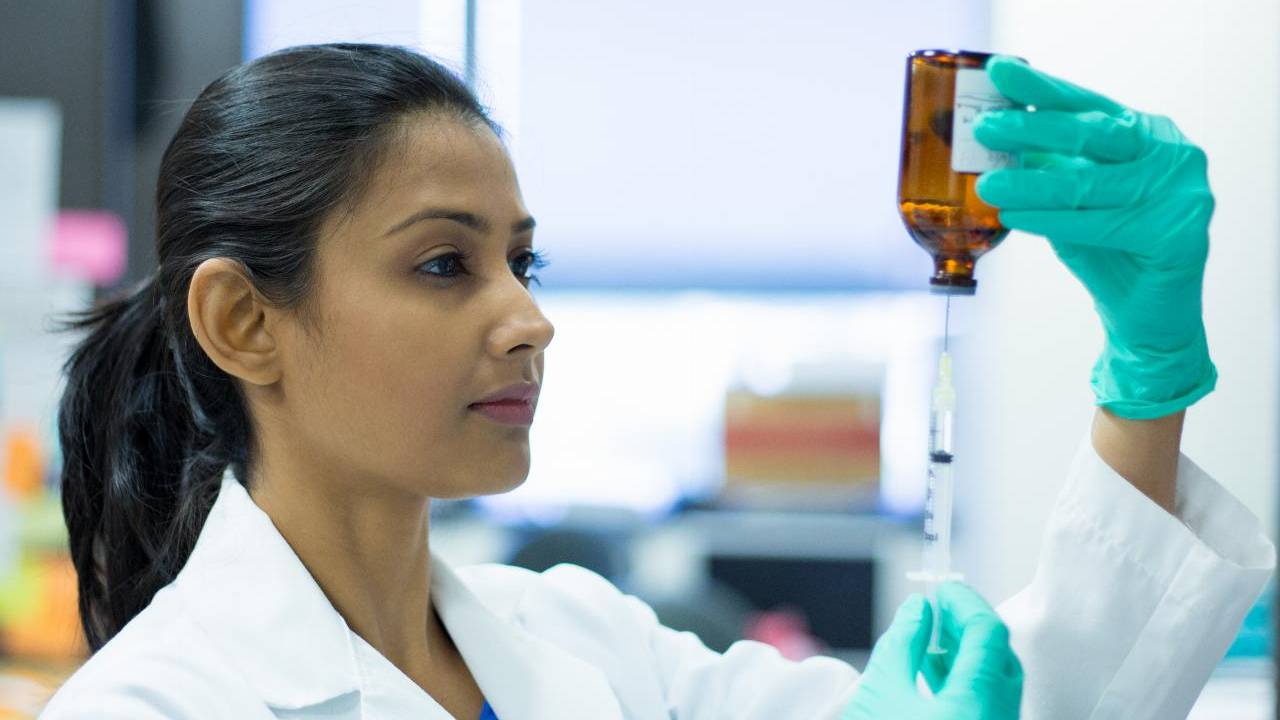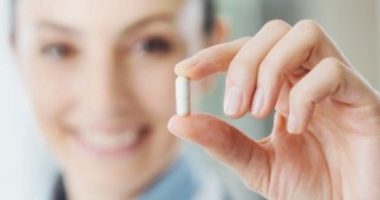- Meditech researcher Cellmid (CDY) has received mixed results from a preliminary post-market review of its Wondfo SARS-CoV-2 Antibody Tests
- The review from the Doherty Institute is testing all Australian Therapeutic Goods Administration-registered COVID-19 antibody tests
- The interim report results indicate Cellmid’s Wondfo test compares positively with its competitors so far, albeit among a small sample size
- However, the Doherty results indicate the Wondfo test is perhaps less effective than Cellmid would have us believe
- Cellmid attributes the different numbers to a case of apples and oranges in the nature of samples used and evaluation techniques
- As the curve flattens in Australia, the need for antibody tests as a clinical aid is decreasing, so it remains to be seen if Wondfo is a white elephant
- Cellmid shares closed 29.7 per cent lower on Monday, trading for 13 cents each
Meditech researcher Cellmid (CDY) has received mixed results from a preliminary post-market review of its Wondfo SARS-CoV-2 Antibody Tests.
The review is being conducted by the Doherty Institute, and is testing all Australian Therapeutic Goods Administration-registered serology-based COVID-19 point-of-care tests for their ability to detect virus antibodies.
Results from the interim report represent testing on five of the 22 registered TGA COVID-19 antibody tests.
The results
The interim report results indicate Cellmid’s Wondfo test compares positively with its competitors so far, albeit among a small sample size.
Cellmid CEO Maria Halasz says Wondfo is proving robust in testing.
“Whilst it is noted that there are still seventeen other tests listed on the ARTG to be reviewed, we are very pleased to see that the results of the review outlined in the interim Doherty Report make the Wondfo Test one of the best performing of the five antibody tests reviewed to date across all specificity and sensitivity metrics,” Maria said.
While the Doherty data seem mostly in line with Cellmid’s own testing of the Wondfo system, there is a substantial discrepancy in one key metric, and small differences in other measures which can be clinically significant.
While Cellmid reports 86.4 per cent overall sensitivity (true positives) for all time points (from time of infection to post-recovery), the Doherty report yields a figure of 68.6 per cent.
Cellmid attributes this to differences in sample sizes and testing criteria.
Cellmid says it used a larger sample size and also tested against diagnoses confirmed by both clinical evaluation guidelines and polymerase chain reaction (PCR) nucleotide testing. The Doherty testing used samples from patients confirmed by PCR only — which can lead to both false-positive and false-negative results.
Cellmid says it also used patient samples largely from more severe cases presenting to hospitals in China during the early stages of the pandemic, where the Doherty Report used an Australian patient cohort, which likely included less severe or asymptomatic cases.
The differing nature of the viral load and origin of the samples themselves could indicate Cellmid’s own testing is perhaps more robust than that of the Doherty report.
Cellmid states: “these differences can make a direct comparison difficult and instruct on the inherent differences in the results, as severe cases carrying high viral load may have different seroconversion profiles to milder cases.”
Essentially, Cellmid attributes the different numbers to a case of apples and oranges.
However, the fact Cellmid returned better numbers across all metrics than Doherty is still enough to give pause to any over-enthusiasm at this point.
A disclaimer
The Doherty Institute notes: “Our findings strongly suggest that PoCT devices should not be used in the diagnosis of acute COVID-19, and have limited, if any, role in clinical management of individual patients.”
Cellmid says this is largely in line with its own guidelines for use of the Wondfo test. While such tests are not reliable as sole resources in diagnosis or deeming people ‘immune’ for return-to-work purposes, the speed and relative accuracy of the tests can be a valuable clinical tool in the evaluation of suspected COVID-19 cases.
It’ll be interesting to see how Wondfo stacks up against the other 17 products yet to be tested by Doherty.
With the flattening curve in Australia, antibody tests are somewhat out of vogue in any case, which doesn’t bode particularly well for Cellmid’s bottom line.
It’s interesting to note the company hasn’t included any sales figures for the Wondfo test — despite recently raising $6.3 million to fund the product rollout.
This may explain why the share price has tanked today.
Cellmid shares closed 29.7 per cent lower on Monday, trading for 13 cents each.







